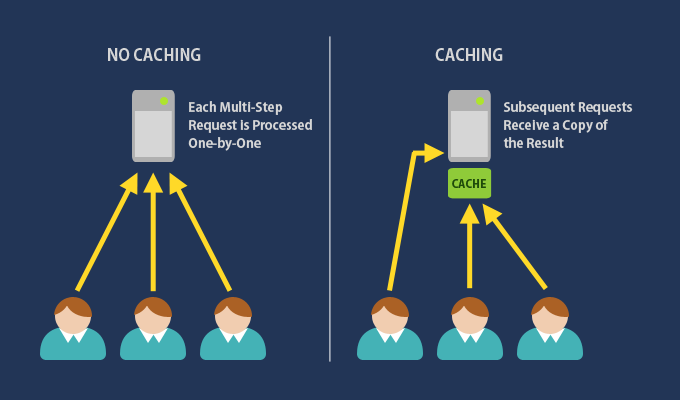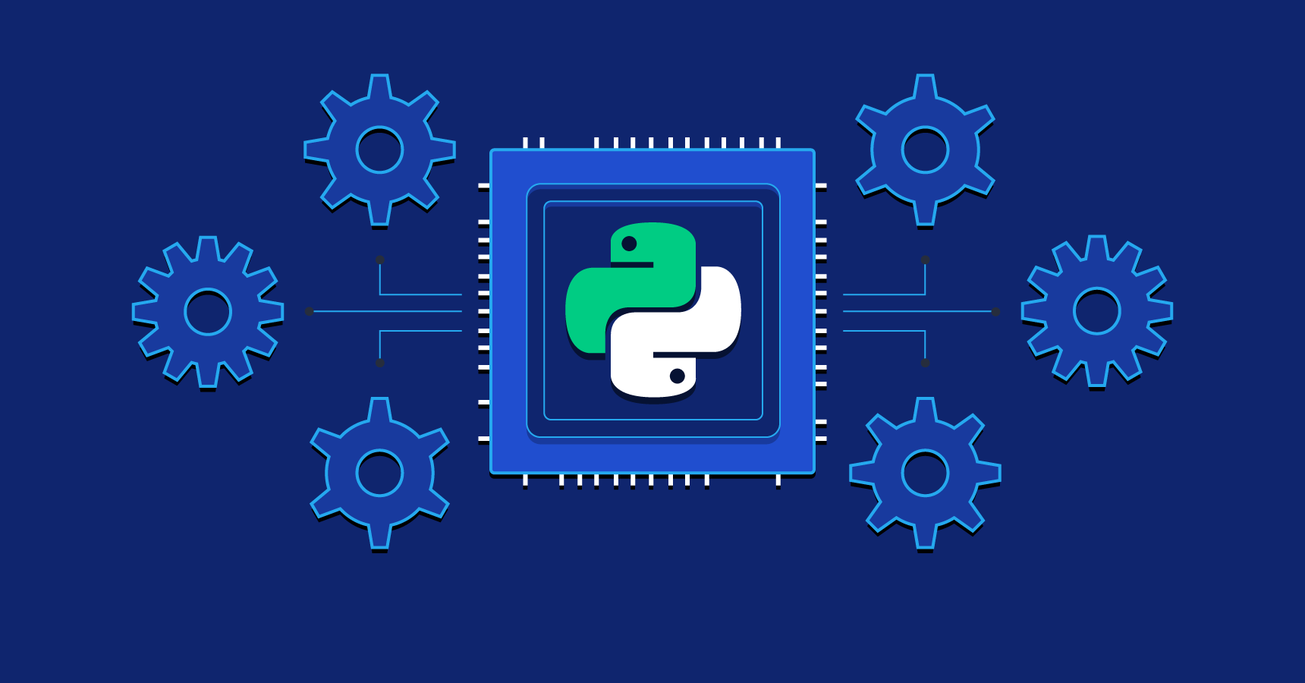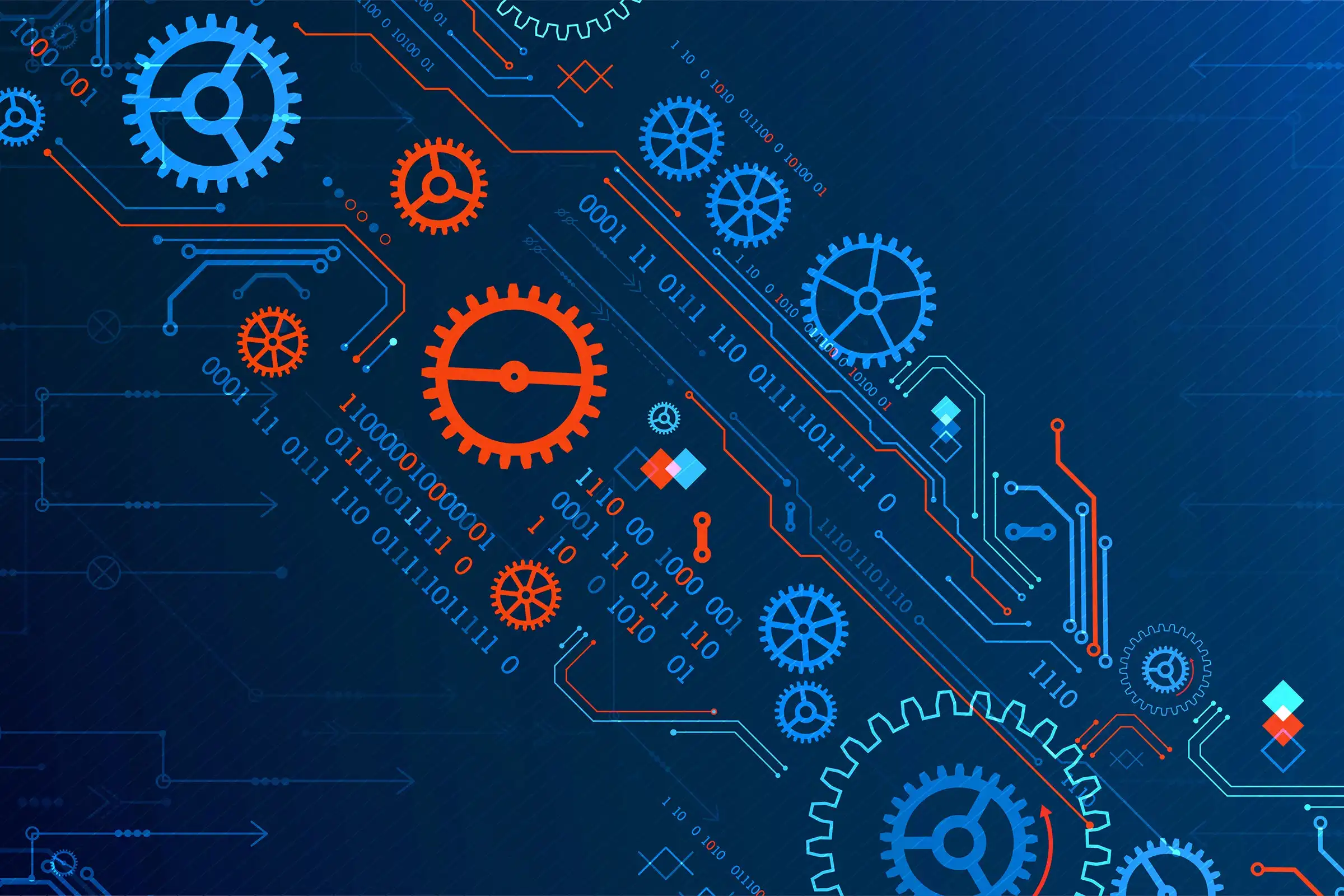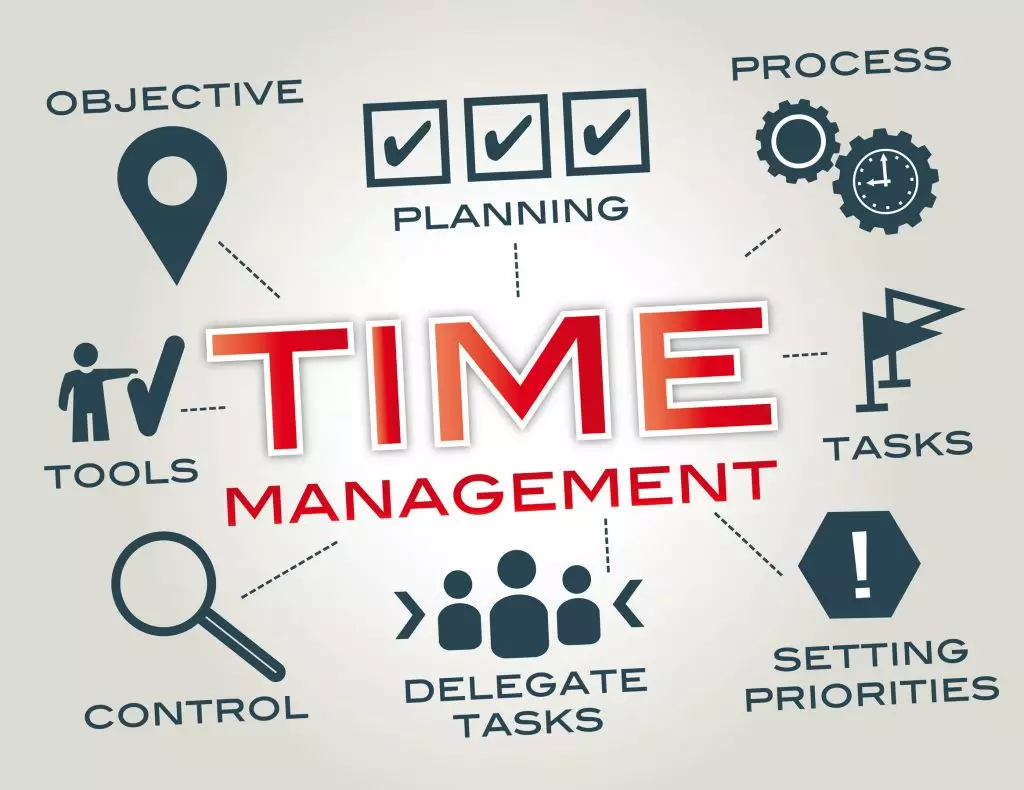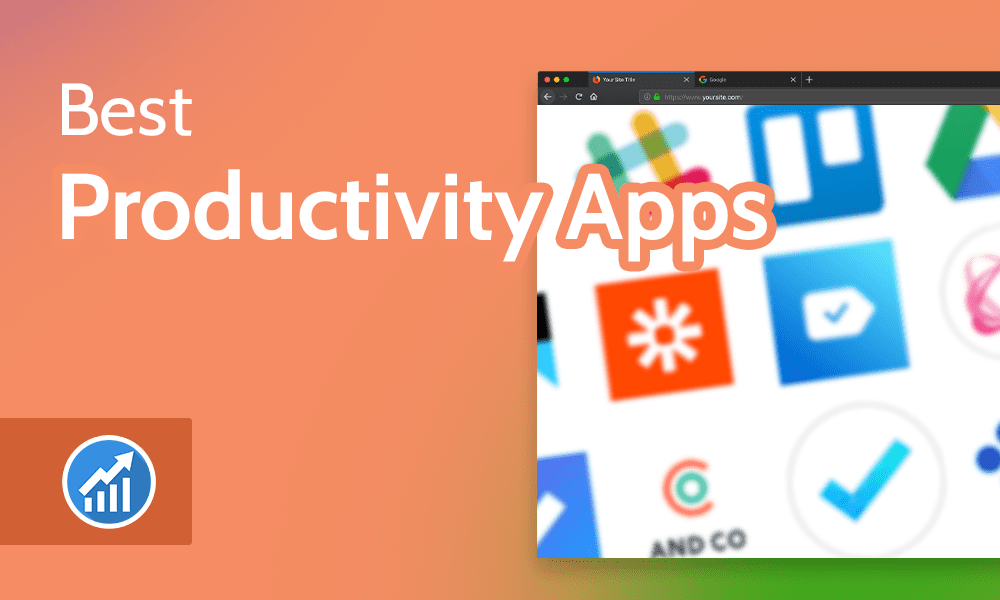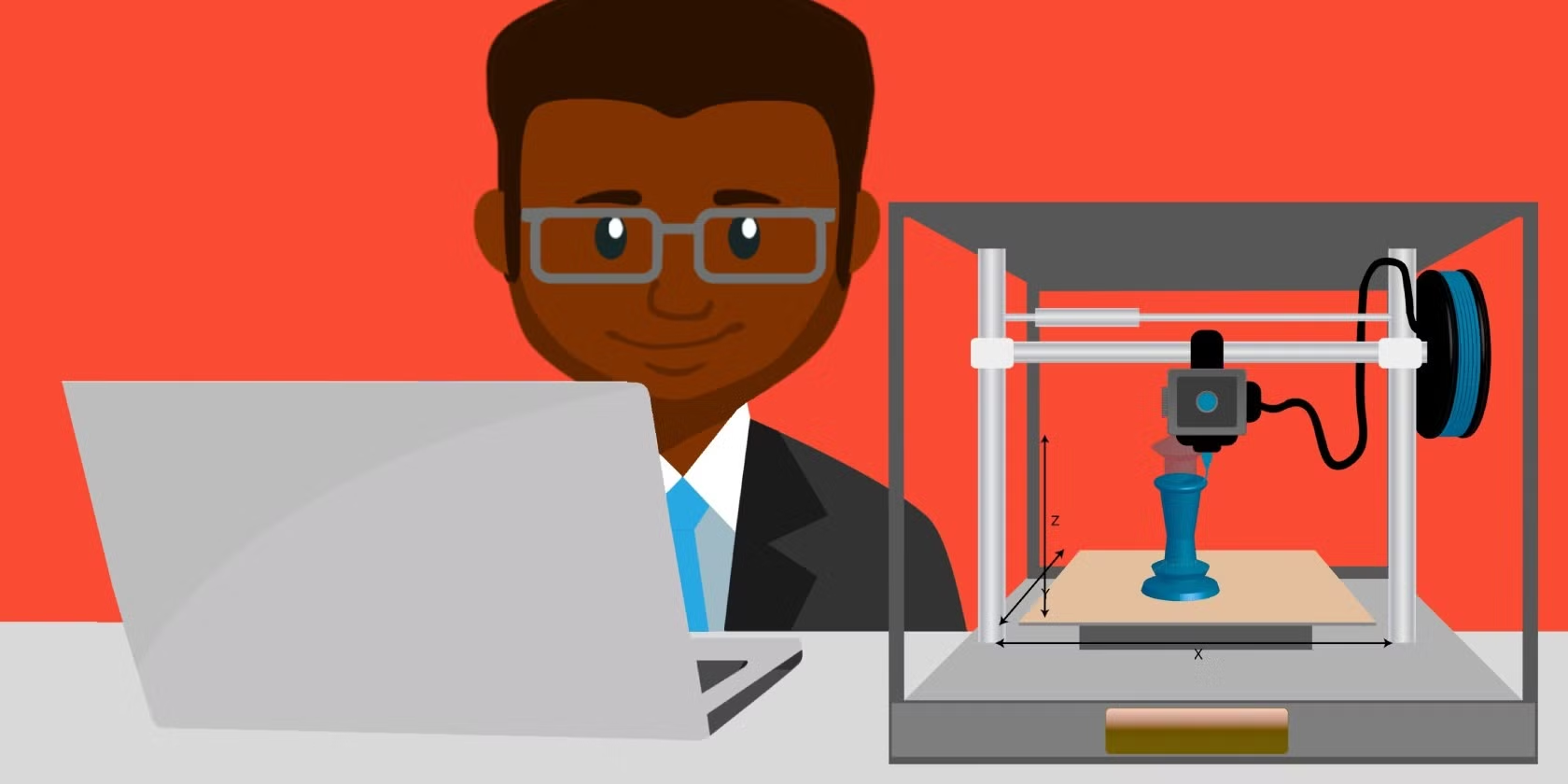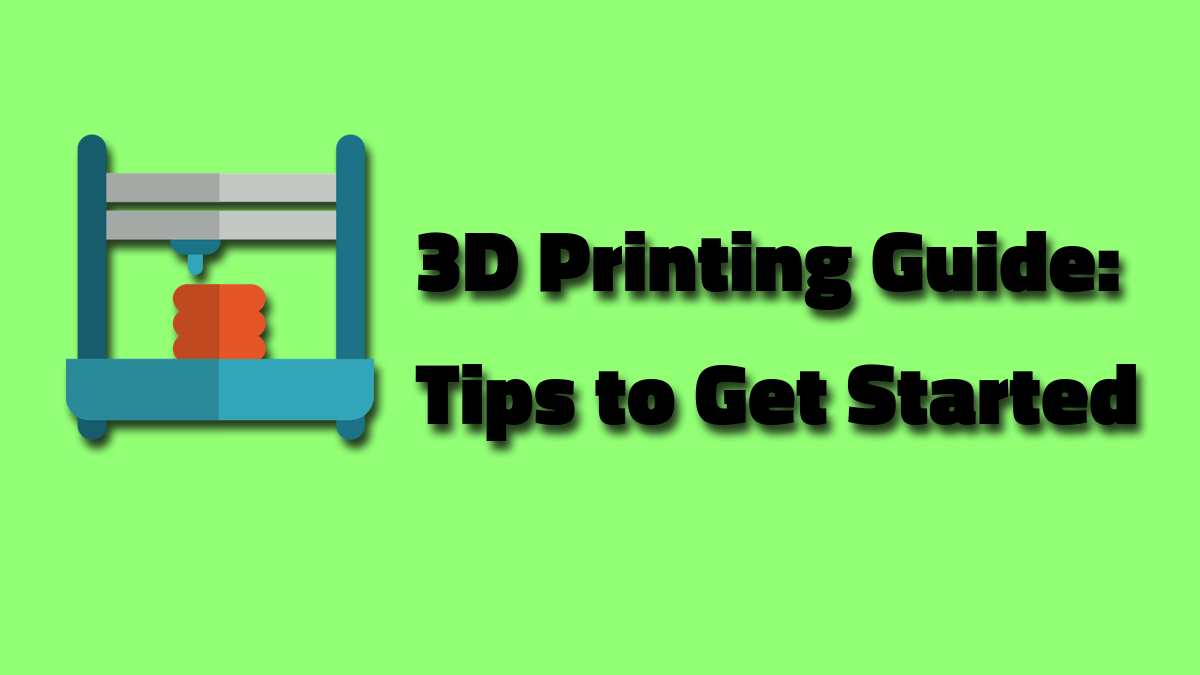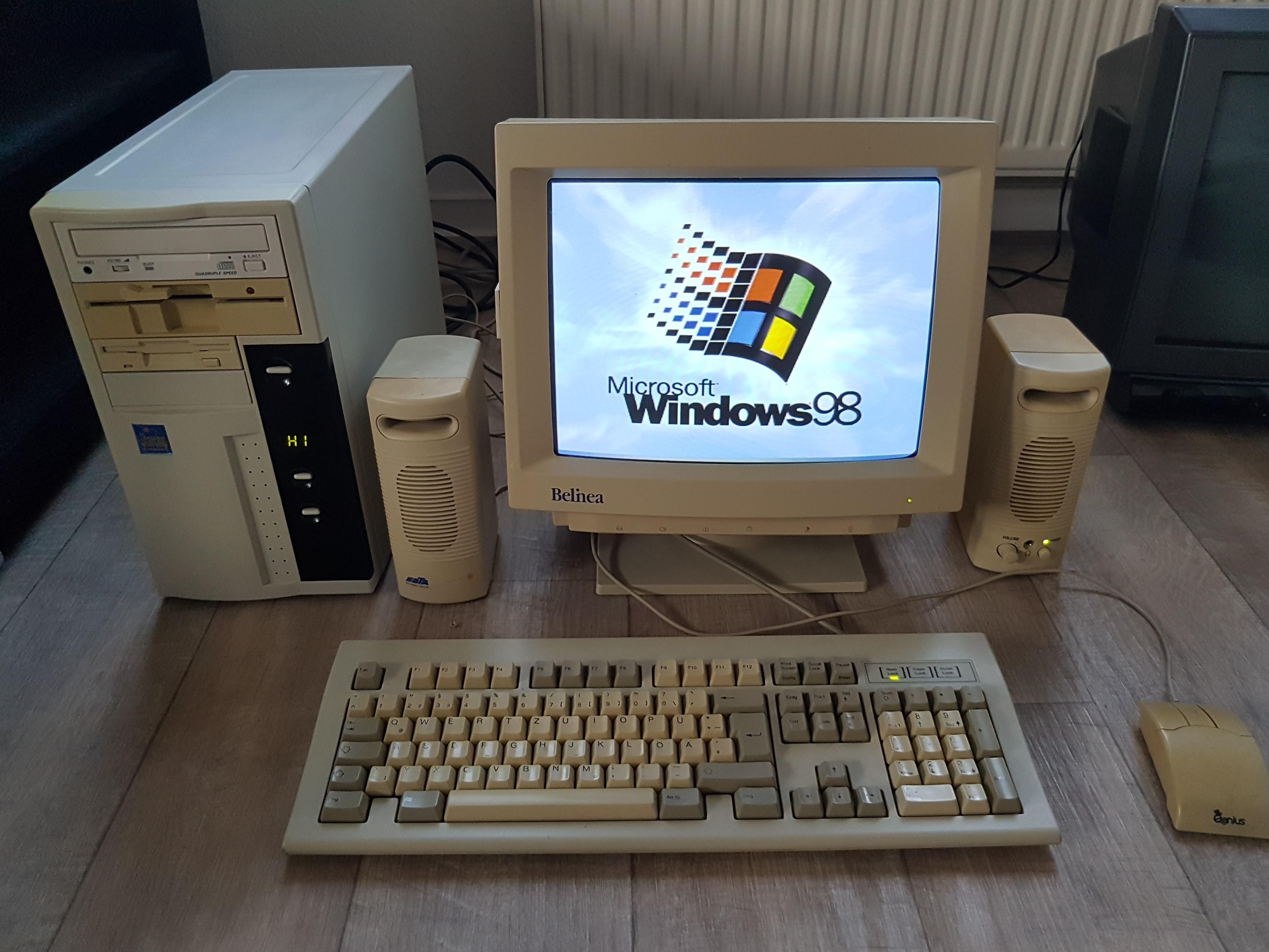
A personal computer (PC) is a general-purpose computing device designed for individual use. It is intended for personal tasks such as word processing, browsing the internet, entertainment, communication, and more. Personal computers are versatile and have a user-friendly interface, allowing non-experts to interact with technology easily. Here are the different types of devices that can count as a personal computer:
1. Desktop Computers
- Description: These are typically composed of a separate monitor, keyboard, mouse, and a tower or all-in-one unit.
- Use Cases: Desktops are used in homes and offices for tasks like word processing, gaming, graphic design, and data analysis.
- Benefits: They offer more power, upgradability, and better cooling systems compared to most portable devices.
2. Laptop Computers
- Description: Laptops are portable personal computers that integrate the display, keyboard, and trackpad into one foldable unit. They are battery-powered and are designed for use on the go.
- Use Cases: Laptops are ideal for students, professionals, and those needing computing power while traveling.
- Benefits: Portability, power efficiency, and compact design make them a popular choice for many users.
3. Tablet Computers
- Description: Tablets are portable, touchscreen-based devices, often without a physical keyboard. They may run mobile operating systems (e.g., iOS, Android) or desktop-like systems (e.g., Windows on Surface tablets).
- Use Cases: Tablets are suitable for browsing, media consumption, reading, and light productivity tasks.
- Benefits: High portability, touchscreen interface, and versatility with detachable or Bluetooth keyboards.
4. All-in-One (AIO) PCs
- Description: AIO PCs integrate the components of a desktop into the monitor, providing a more compact design with fewer cables.
- Use Cases: They are commonly used in households, offices, and places where space efficiency is important.
- Benefits: Compact, simple to set up, and offer the large screens and processing power typical of desktop systems.
5. Workstations
- Description: Workstations are powerful personal computers designed for technical or scientific tasks, often used for engineering, graphics rendering, or video editing.
- Use Cases: Professionals who need high computing power for resource-intensive tasks.
- Benefits: High-performance CPUs, advanced graphics, and increased reliability, often with specialized components.
6. Netbooks and Chromebooks
- Description: Netbooks are small, lightweight laptops designed primarily for web browsing and simple tasks. Chromebooks run Chrome OS and are cloud-centric devices.
- Use Cases: Mainly used for education, light office work, and web-based activities.
- Benefits: Highly portable, affordable, and generally easy to use, with good battery life.
7. Convertible or 2-in-1 PCs
- Description: Convertible PCs are hybrid devices that can function as both laptops and tablets. They have touchscreens and detachable or foldable keyboards.
- Use Cases: Ideal for users who need the flexibility to switch between a laptop and a tablet for different scenarios.
- Benefits: Versatile, offering both the productivity capabilities of a laptop and the portability of a tablet.
8. Mini PCs
- Description: Mini PCs are compact desktop computers that offer essential computing power in a smaller form factor.
- Use Cases: Used where space is limited, such as in media centers, point-of-sale systems, or small workstations.
- Benefits: Small size, energy-efficient, and easy to set up.
Key Features of Personal Computers:
- General-Purpose: They are designed to perform a wide variety of tasks, making them highly versatile.
- Single User: PCs are generally intended for use by a single person at a time.
- Customizable Hardware: PCs, especially desktops, can be customized or upgraded by adding or replacing components like memory, storage, or graphics cards.
- User-Friendly Operating System: They run user-friendly operating systems like Windows, macOS, Linux, or Android, enabling easy interaction for non-expert users.
Examples of What Is Not a Personal Computer:
- Servers: Computers designed to manage network resources, databases, or websites, usually used in enterprise environments.
- Mainframes and Supercomputers: These are powerful machines designed for heavy computation and data processing for many users simultaneously.
- Embedded Systems: Specialized computing devices integrated into products like cars, appliances, or industrial machines.
- Smartphones: While they are powerful computing devices, they are typically categorized as mobile devices rather than personal computers.
In general, if a device is intended for individual use, supports a broad range of software applications, and allows the user to perform a variety of general-purpose computing tasks, it can be considered a personal computer.

